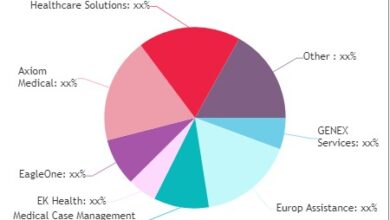How to Identify OCD in Kids
If you think your child is suffering from obsessive compulsive disorder (OCD), you should see a doctor as soon as possible. Your child’s physician will be able to refer you to a child psychiatrist or psychologist. The child psychiatrist or psychologist will ask you questions about your child’s symptoms and discuss treatment options.
Depending on the severity of the disorder, your child may need to work with a multidisciplinary team, including psychologists, social workers, and counselors. In some cases, medication is also necessary. Identifying the disorder early will help your child live a happier and healthier life. And if the disorder does not respond to medication, you and your child can work as a team to overcome it.
Other signs that your child may be suffering from OCD include avoiding places that are out of his or her comfort zone, constantly washing his or her hands, or disengaging from school or play. These symptoms can make your child feel uneasy and unable to concentrate. They may also avoid playing with other kids or with new toys. They may even be afraid of germs or illness.
Recognizing the signs of OCD in your child is an important part of treatment. The first step is to seek treatment from a mental health professional, and you should also take part in the child’s therapy. You should also learn techniques and strategies for helping your child. Encourage your child by practicing the therapy techniques and show him or her your support. As long as your child feels that you care about him or her, you can help him or her overcome the symptoms of OCD.
The symptoms of OCD can be very subtle at first. You should be vigilant and try to identify these symptoms before they progress and require further treatment. If your child has symptoms of OCD, they should be evaluated by a mental health professional. You can help them learn more about the disorder and get treatment as soon as possible.
A mental health professional will ask about the symptoms your child exhibits and will use the information you provide to make a diagnosis of OCD. While the initial reaction is one of fear and panic, most families come to terms with the diagnosis and begin treating the disorder. Treatment plans may involve the use of medications and family therapy.
The child psychiatrist will perform a thorough evaluation and look for compulsions. They’ll also look for other conditions that might be causing the child’s compulsions. If there are multiple compulsions, it’s likely that the child suffers from OCD.

